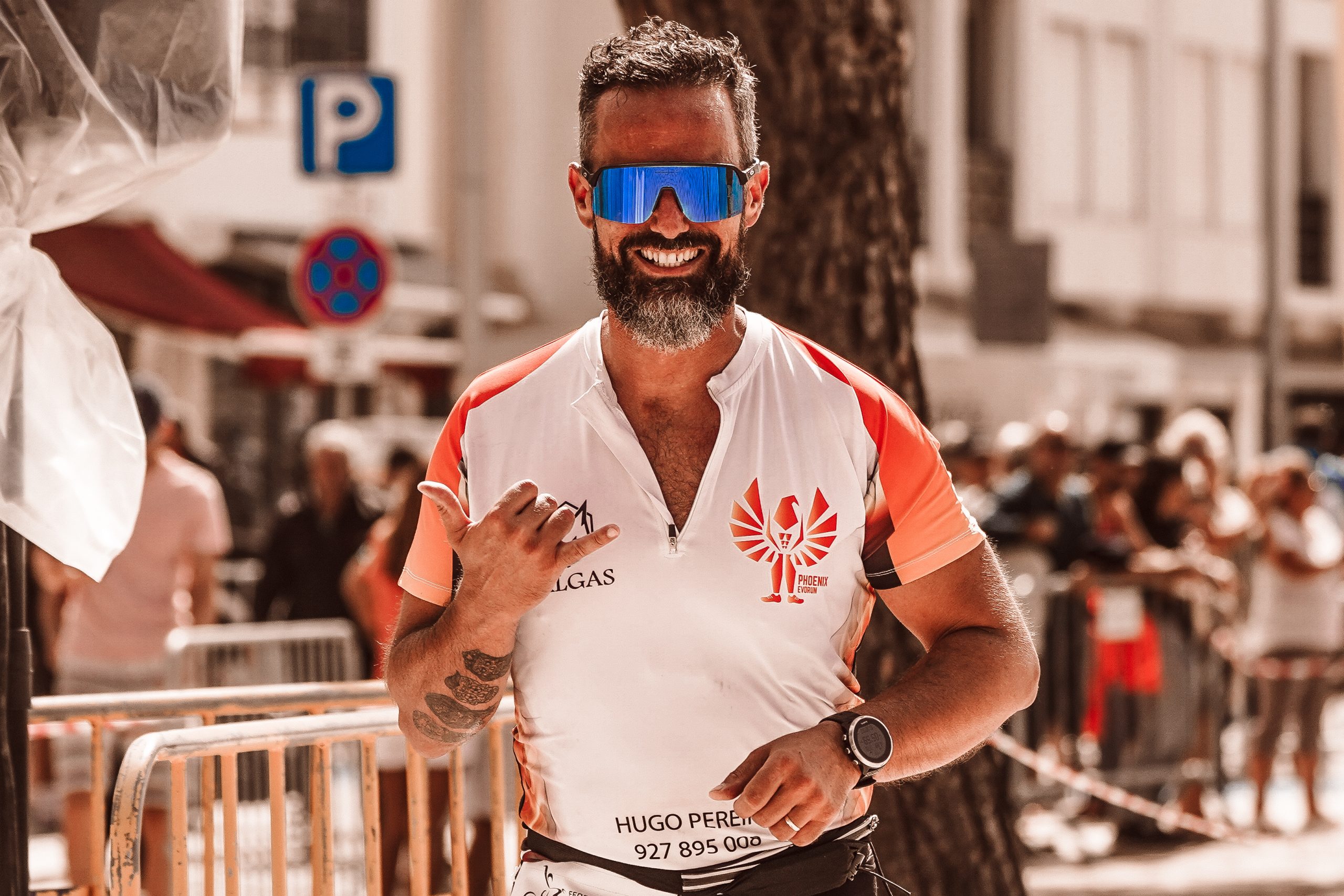In today’s digital landscape, privacy has become an increasingly important topic, not only for individuals but also for businesses and organizations. This holds true even for sports organizations, who handle vast amounts of personal data from athletes, supporters, and staff members. With data breaches and privacy concerns on the rise, it is crucial for sports organizations to implement a comprehensive privacy policy that protects the rights and interests of all parties involved. This article aims to shed light on the significance of a privacy policy for sports organizations, outlining key considerations and potential consequences of non-compliance. By understanding the importance and implications of a robust privacy policy, sports organizations can safeguard their stakeholders and mitigate legal risks.

Privacy Policy For Sports Organizations
1. Introduction
A privacy policy is a legal document that outlines how an organization collects, uses, and protects the personal information of its users or customers. For sports organizations, having a comprehensive privacy policy is crucial in today’s digital age, where the collection and use of personal information are prevalent.
2. Personal Information Collection
Sports organizations may collect various types of personal information from individuals. This can include but is not limited to, names, addresses, email addresses, phone numbers, birthdates, and payment information. These details are collected to facilitate communication, process registrations, provide services, and ensure a personalized experience for participants.
The methods of collecting personal information may vary. Sports organizations may gather data directly from individuals through online forms, registration processes, or surveys. Additionally, other sources such as third-party vendors, sponsors, or affiliated organizations may provide personal information to the sports organization.
3. Consent and Use of Personal Information
Before collecting personal information, sports organizations must obtain consent from individuals. Consent can be obtained either implicitly or explicitly, with the latter being a more preferable option. By obtaining explicit consent, organizations ensure that individuals are fully aware of the purpose for collecting their personal information.
The use of personal information collected by sports organizations should be limited to the purposes disclosed to individuals during the consent process. Utilizing personal information for unrelated purposes without consent is prohibited. It is essential for sports organizations to ensure that personal information is only used for legitimate and appropriate purposes.
Sports organizations should also be cautious when sharing personal information with third parties. Disclosure of personal information should only occur with the explicit consent of the individuals or if required by law. Prior to sharing personal information, organizations should conduct due diligence and ensure that the recipient has proper security measures in place to protect the data.
4. Security Measures
In order to safeguard personal information, sports organizations must implement appropriate data security measures. This includes maintaining physical, technical, and administrative safeguards to protect against unauthorized access, use, disclosure, alteration, or destruction of personal information.
Physical security measures may include locked file cabinets, restricted access to offices, and secure storage of electronic devices. Technical measures involve the use of firewalls, encryption, and secure networks to protect personal information stored electronically. Administrative safeguards entail the implementation of policies and procedures to ensure proper handling, storage, and disposal of personal information.
Access to personal information should be granted on a need-to-know basis. Only authorized personnel who require access for legitimate purposes should be allowed to view or handle personal information. Regular training and education regarding privacy and data security should be provided to employees to promote awareness and compliance.
5. Retention and Disposal of Personal Information
Sports organizations should establish retention periods for personal information that align with legal requirements, industry standards, and the purpose for which the information was collected. Once the retention period has expired, personal information should be securely disposed of to prevent unauthorized access or use.
Disposal methods should ensure that personal information is irreversibly destroyed, and its recovery is not feasible. This can be achieved through secure shredding or permanent deletion of electronic data. Sports organizations should document their disposal procedures to demonstrate compliance with privacy laws and regulations.

6. Access and Update of Personal Information
Individuals have the right to access and update their personal information held by sports organizations. The privacy policy should clearly outline the process for individuals to request access to their information. This may include submitting a written request or using an online portal to view and modify their details.
Sports organizations should respond to access requests in a timely manner and provide individuals with a copy of their personal information, subject to any legal restrictions. If requested, organizations should also correct inaccurate or incomplete personal information to ensure its accuracy and completeness.
7. Third-Party Links and Websites
Sports organizations may provide links to third-party websites, such as sponsors, partners, or vendors. It is important to note that these websites have their own privacy policies, which may differ from the organization’s policy. Sports organizations should clearly communicate that they are not responsible for the privacy practices or content of these external websites.
When linking to third-party websites, sports organizations should conduct due diligence and ensure that these websites have proper privacy policies and security measures in place. It is recommended to review the privacy policies of third-party websites before interacting with them to understand how personal information may be collected, used, and protected.

8. Compliance with Laws and Regulations
Sports organizations have an obligation to comply with privacy laws and regulations applicable to their jurisdiction. This includes but is not limited to, the General Data Protection Regulation (GDPR), the California Consumer Privacy Act (CCPA), and other relevant international, federal, state, and local laws.
Sports organizations should regularly review and update their privacy policies to ensure compliance with evolving privacy laws. In case of a personal data breach, organizations should promptly notify affected individuals and relevant authorities as required by applicable laws.
FAQ: How can individuals access and update their personal information?
Individuals can access and update their personal information by following the process outlined in the sports organization’s privacy policy. Typically, individuals can submit a written request or use an online portal provided by the organization. The organization will then verify the identity of the individual before providing them with access to their personal information. If any inaccuracies or incompleteness are identified, individuals can request corrections or updates, which will be implemented by the organization within a reasonable timeframe.
